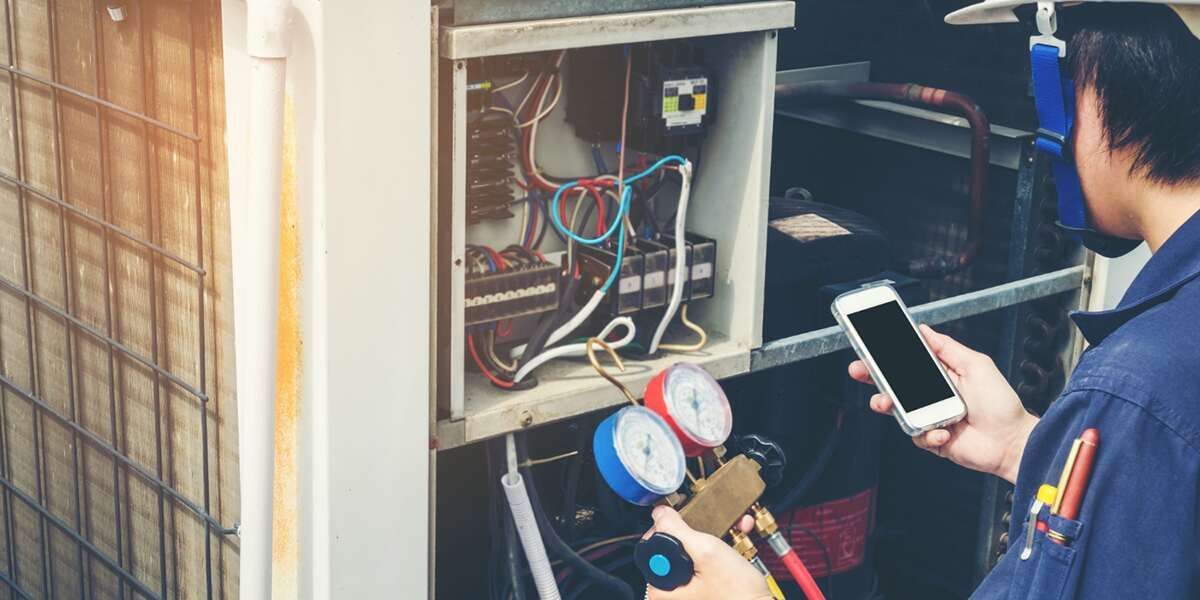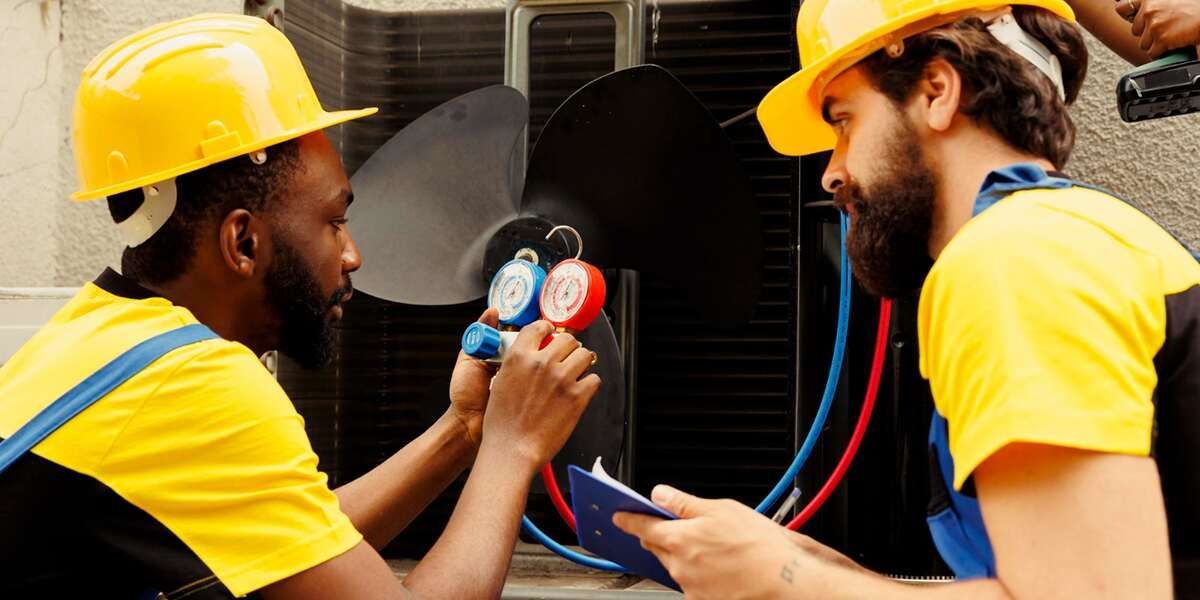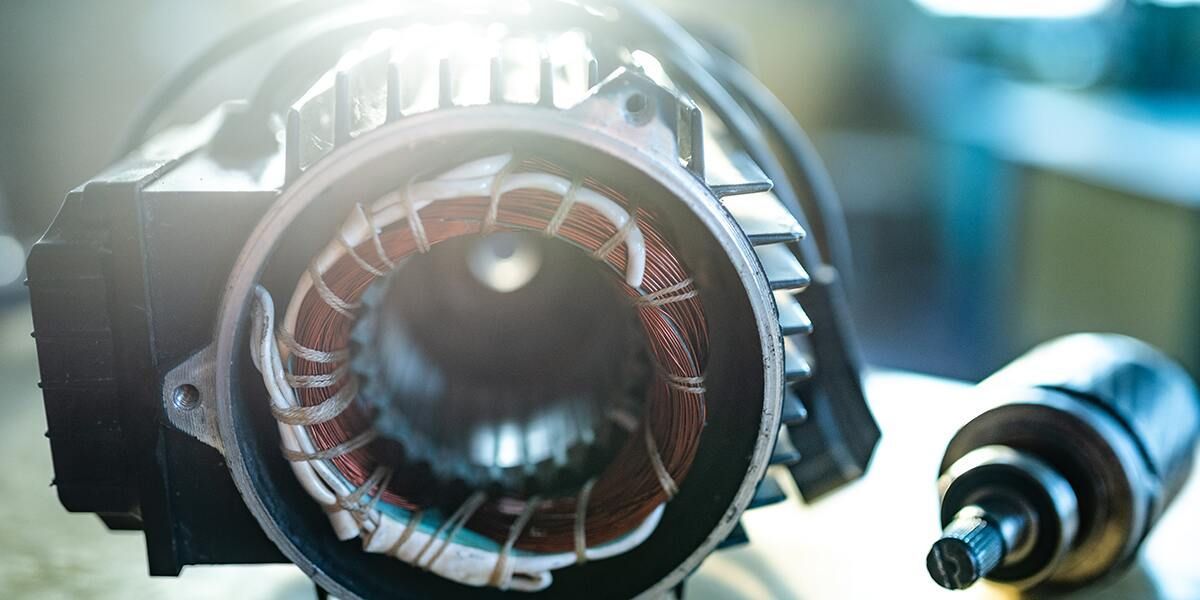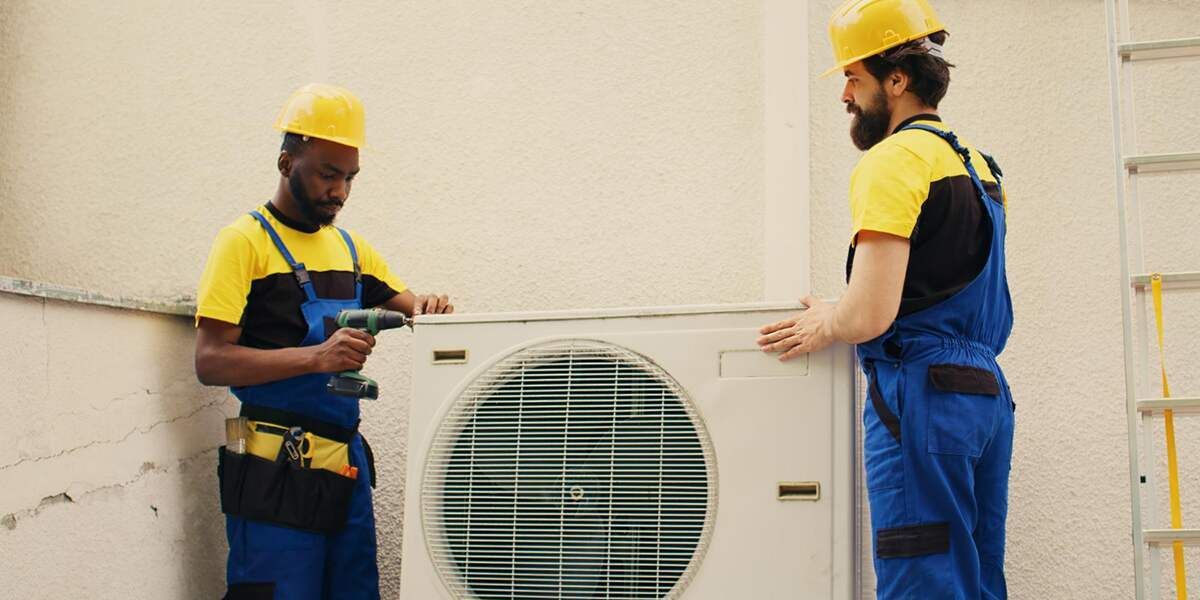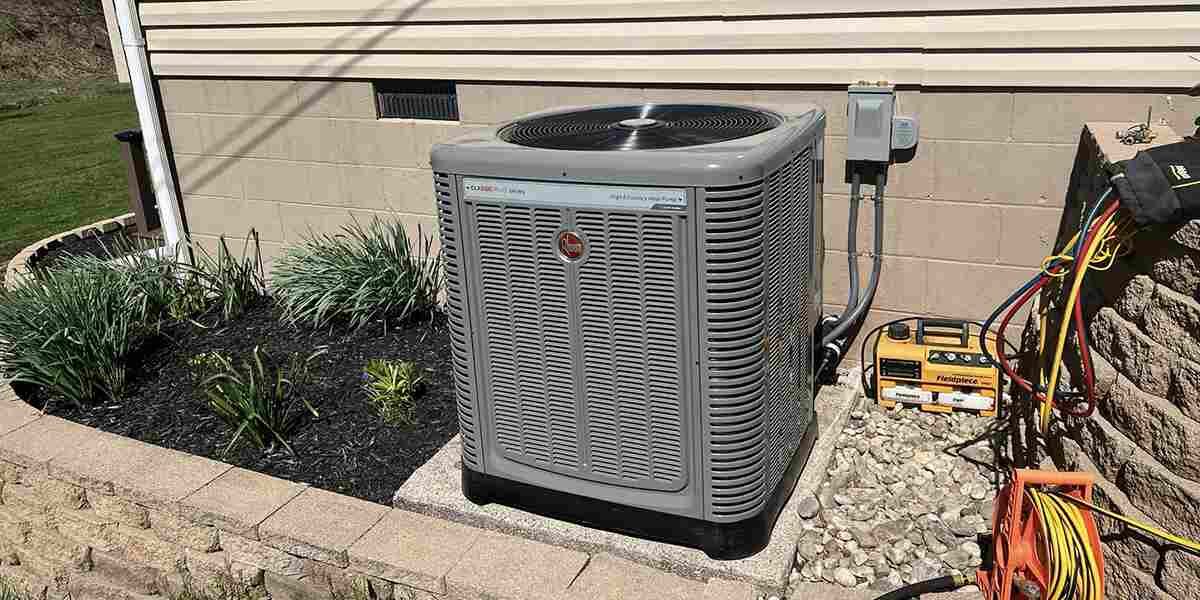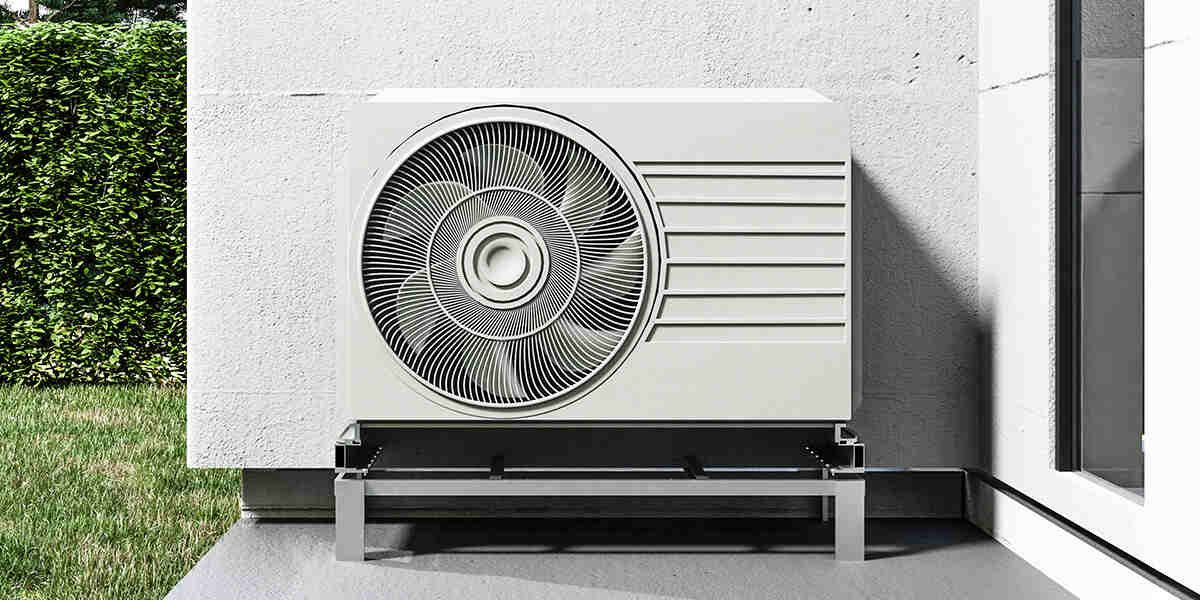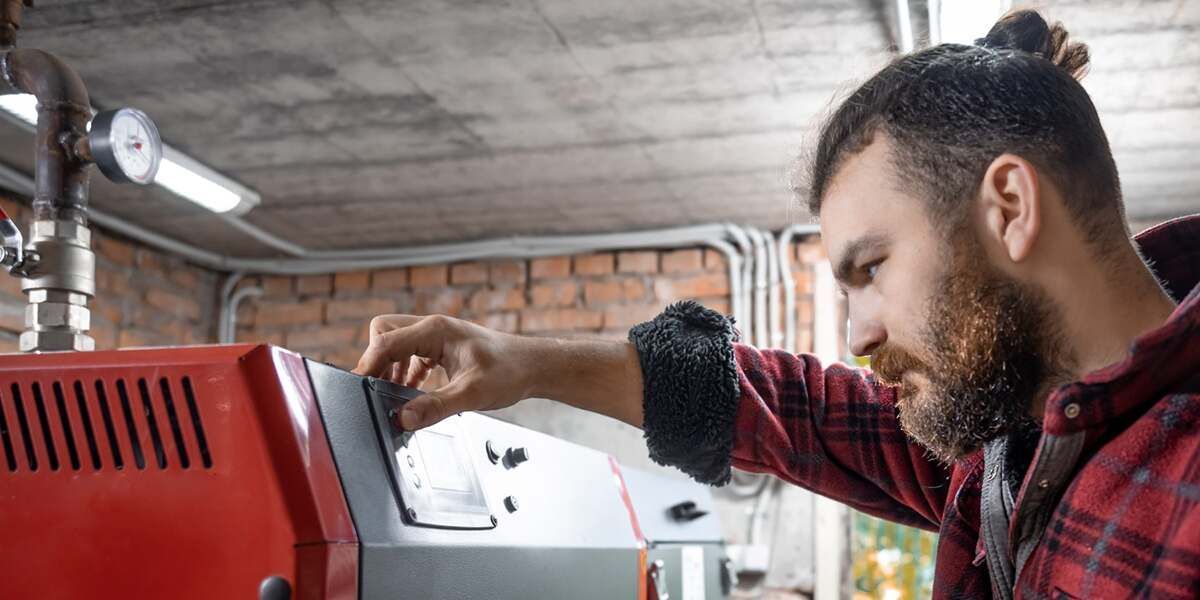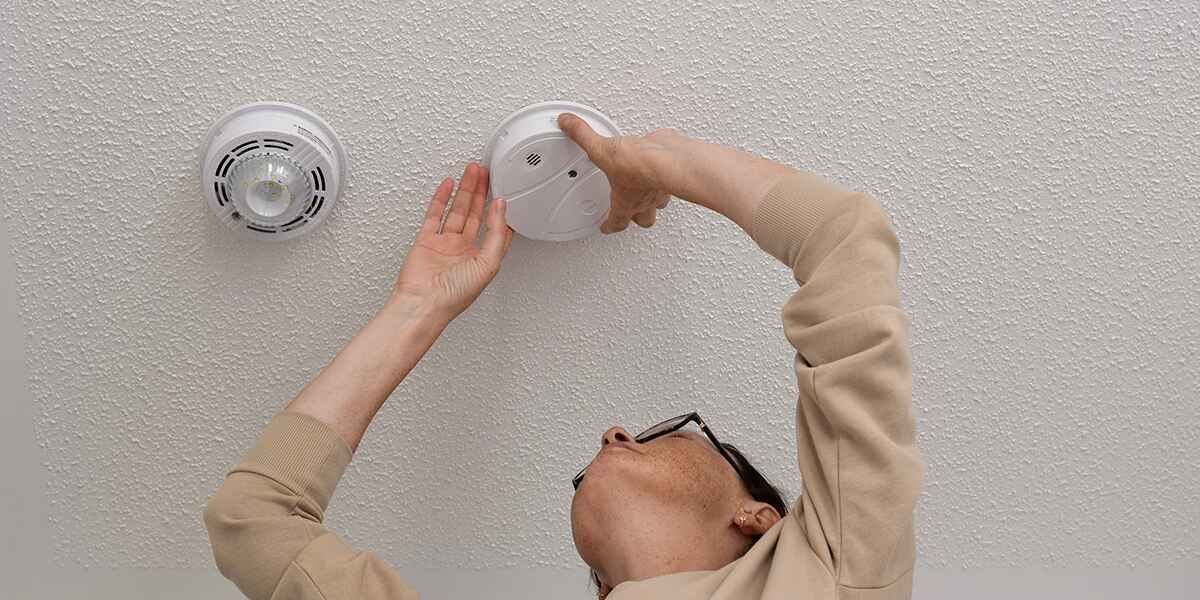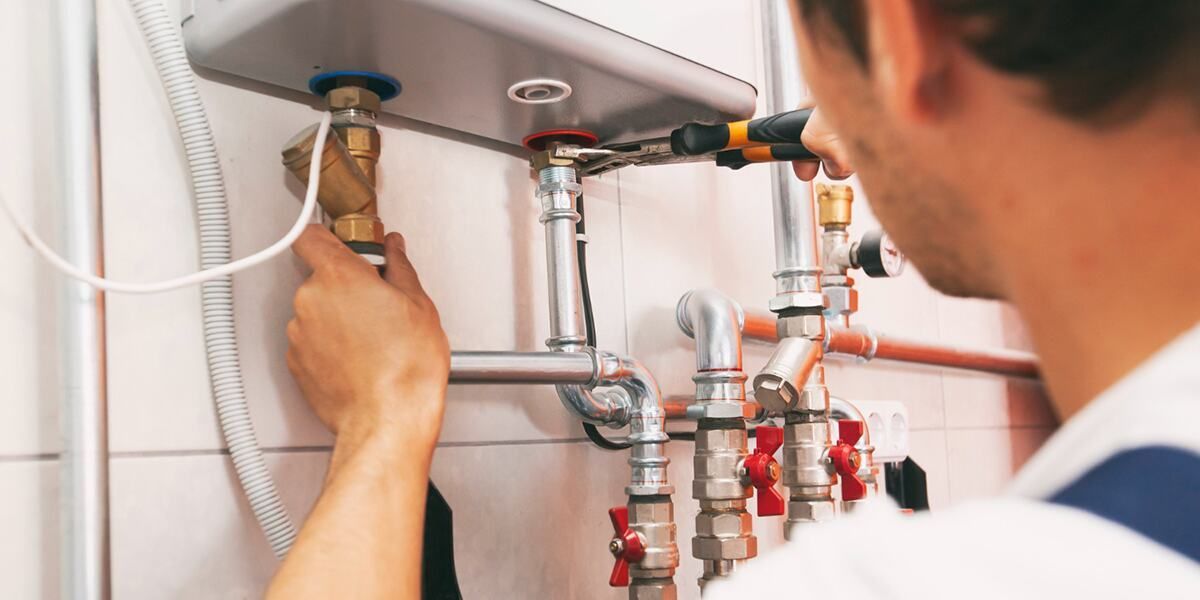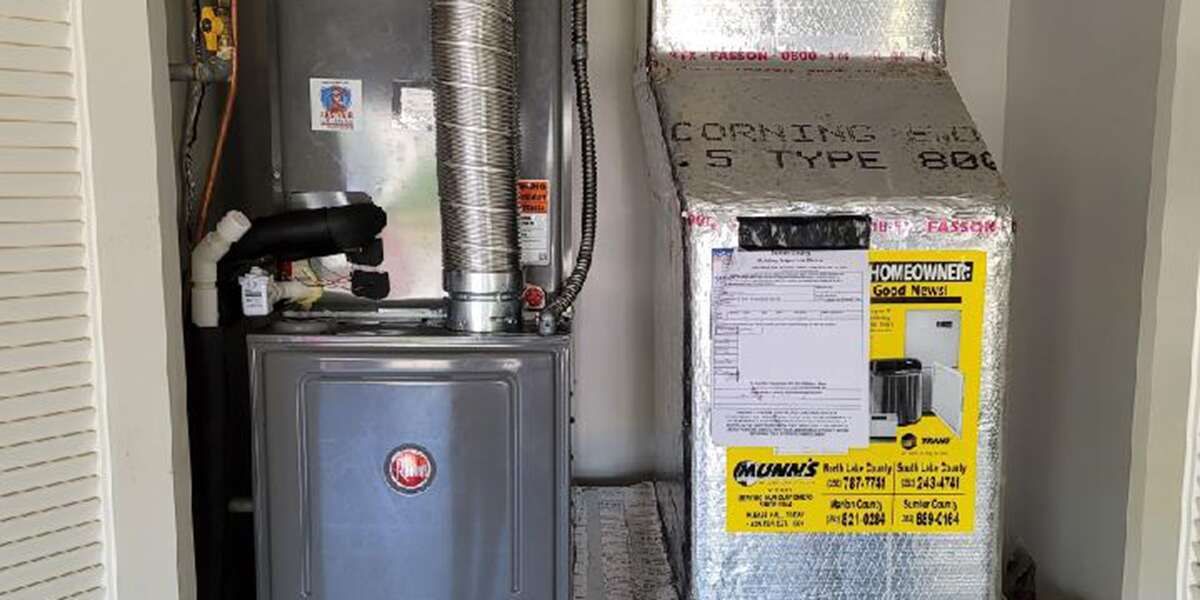EMERGENCY SERVICE AVAILABLE
8 Tips on How To Keep Mice Out of Outdoor AC Unit
Do you need help maintaining your air conditioning system? We're here for you! Call 352-290-7968 to request an appointment.
Mice are unwanted pests that burrow into the most inconvenient places to search for food and shelter. Unfortunately, this often includes the outdoor unit of an air conditioner. Rodents like making nests in HVAC systems because the units provide refuge with shade, electrical wiring to chew, and a way into the building's interior.
Knowing how to keep mice out of outdoor AC units will minimize their harmful effects on your cooling system equipment and indoor air quality. Their waste, nesting habits, and feeding can cause severe damage to an air conditioning system, leaving you facing potential hazards and costly repairs.
Fast Air Repair, a leading AC service in Belleview, FL, can handle the damage mice cause to your AC's outdoor unit. However, you can avoid expensive repair bills by following these tips to keep the critters out of your system.
1. Fix Leaky Air Conditioners
It's not uncommon for air conditioners to leak condensation as they remove moisture from your property's indoor air. However, water attracts many pests, including mice. If you notice a water leak around your AC unit, contact an HVAC professional to identify the source of the leak and repair the problem.
Reasons AC units may have a water leak include:
- Disconnected drain lines
- Clogged drain lines
- Damaged insulation around coils
2. Perform Inspections
At least once a month, it's helpful to inspect your outdoor AC unit. Regular inspections not only alert you of possible issues with your cooling system but may also provide evidence of a mouse infestation. Common signs of mice inside an air conditioner include:
- Mouse droppings
- Urine puddles or stains
- Chewed electrical wiring
If you notice possible signs of a pest problem, contact an HVAC contractor to inspect the system for rodent damage with a trained eye. You might also need assistance from a pest control company.
3. Clean the Outdoor Unit
Keeping your outdoor air conditioning unit clean is vital to its efficiency and preventative pest control. Ideally, there should be at least two feet of clear space around the unit to allow optimal airflow. Creating this space also eliminates places for mice to hide around the machine.
When cleaning, be sure not to leave many leaves, mulch, wood, or compost piles near your home or the outdoor unit. Clean up grass clippings and pet droppings that could attract pests. Also, never put anything on top of the unit that could introduce mice into the cooling system.
4. Install Screens
It's sometimes difficult to get rid of pests once they make a shelter. Preventative measures like mesh screen installations can protect your HVAC system from an infestation since mice can't chew through steel.
Mesh screen coverings are one of the best answers to "How to keep mice out of outdoor AC units?" You can adjust the mesh size to create a sturdy barrier against mice, which are notorious for squeezing into small spaces.
5. Check Your Landscaping
Keeping your landscape clean and neat around the outdoor AC unit extends to more than removing firewood piles, leaves, and debris. Long grasses and plants can also block airflow into the system and attract pests. It is a good idea to follow the aforementioned two-feet rule with plants around the air conditioner's outdoor component and keep grass cut low.
Consider dry landscaping techniques or xeriscaping if you prefer having a low-maintenance landscape option around the outdoor unit. Xeriscaping will give your property a pleasant visual appeal without inhibiting airflow or attracting mice to the cooling system.
Examples of xeriscaping materials to use instead of natural grass and plants include:
- River rocks
- Decorative stones
- Bricks
- Granite
6. Seal Air Ducts
Air vents, air ducts, flues, holes, and gaps in and around the HVAC unit are entryways into your air conditioning unit and possibly your home. Instead of giving these rodents a clear way into your home, you can cover or seal them to block their path.
If your air ducts have cracks or holes, you can call an HVAC company to repair the damage permanently. As a temporary measure, you could seal the gaps with duct tape. However, you should replace the seal if it peels due to humidity or temperature changes.
7. Prevent Puddles Around the AC Unit
Water leaks from the air conditioner are not the only water source that can attract mice to the outdoor AC unit. Standing water from clogged downspouts and puddles from heavy rain on flat land creates enough moisture to entice critters to the area.
Periodically clean your downspouts and gutter system to remove clogs and ensure they drain water away from your property. If the land around your outdoor AC unit is flat, you might consider using a wiper to remove puddles around it after it rains.
8. Work With Pest Control
If your outdoor AC unit already has evidence of a mouse infestation, such as droppings or nests, your next step is to contact a pest control company. These professionals can create a plan to effectively treat your property to eliminate mice, including those hiding in your cooling system.
After the pest control company rids your AC's outdoor unit of mice, you'll need to clean it. That includes removing dead mice from the unit and air ducts to improve your home's indoor air quality. You should also remove nesting materials and wash away urine, droppings, and fur to eliminate the risk of additional air contamination.
Contact Fast Air Repair for Quality AC Maintenance
Learning how to keep mice out of outdoor AC units means having a reliable HVAC service you can trust to maintain and repair your system. At Fast Air Repair, we offer red carpet services and excellent artistry to ensure that your home is comfortable and has healthy, fresh air.
If you need AC repair in Belleview, FL, or the surrounding areas, call Fast Air Repair at 352-290-7968. We can also teach you about choosing the right AC size here on our site.
Contact us for Service
Footer - Website Lead
We will get back to you as soon as possible.
Please try again later.
For emergency service, to get a free quote, or if you have questions or special requests, just drop us a line. We Look forward to serving you!
Hours Of Operation
- Mon - Sun
- Open 24 Hours
Emergency Service Available
All Rights Reserved | Fast Air Repair



